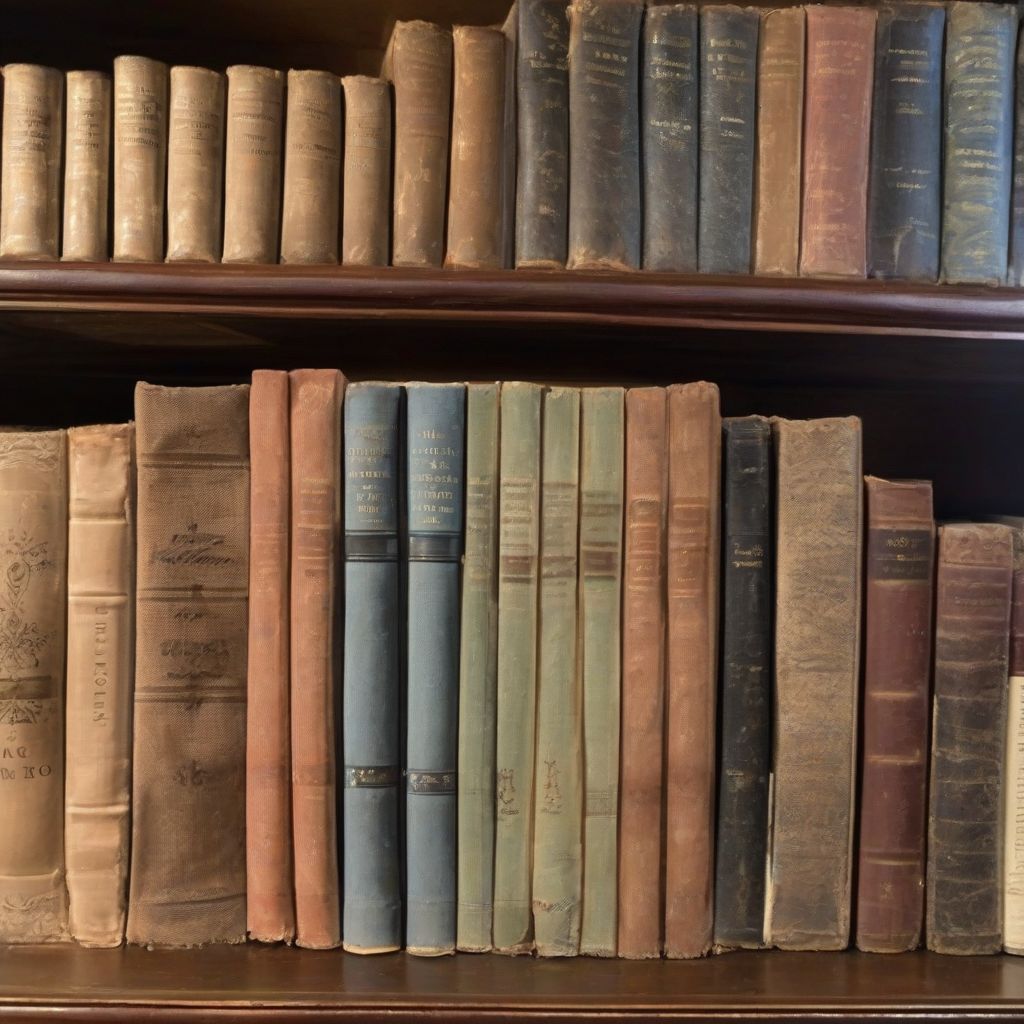Have you ever finished a classic novel and felt like you were supposed to understand it better than you did? Like everyone else in your book club was privy to some secret code you just weren’t given? You’re not alone. Reading classic literature with a critical eye isn’t about effortlessly decoding hidden meanings or judging a book solely on its age. It’s about engaging with the text on a deeper level, uncovering its layers, and understanding its impact on literature and society.
Understanding the Context
The Importance of Historical and Social Context
Imagine reading a novel set during the Victorian era and encountering a character who rebels against societal expectations. To truly grasp the character’s motivations and the author’s message, you need to understand the rigid social structures of that time. Researching the historical and social context surrounding a book is like getting a backstage pass to the author’s mind. It helps illuminate their choices, themes, and even potential biases.
The Author’s Background and Influences
Just as the historical context shapes a book, so does the author’s own life and experiences. Delving into their background, beliefs, and literary influences can provide invaluable insights into their work. Were they writing during a time of great political upheaval? Were they influenced by certain philosophical movements? Understanding these factors can significantly enhance your understanding of their writing.
Analyzing the Text
 Classic Literature Collection
Classic Literature Collection
Identifying Themes and Motifs
Themes are the fundamental ideas a work explores, while motifs are recurring symbols, images, or ideas that reinforce those themes. For instance, in Mary Shelley’s “Frankenstein,” the theme of ambition and its consequences is explored through the recurring motif of light and darkness. Identifying these elements helps unlock the deeper layers of meaning within the text.
Analyzing Character Development and Relationships
Characters are the lifeblood of any story. Analyzing their development, motivations, and relationships is crucial to understanding the author’s intentions. How do characters evolve throughout the narrative? What are their strengths and weaknesses? How do their relationships with other characters shape their actions? By closely examining these aspects, you gain a deeper appreciation for the complexity of the story.
Paying Attention to Language and Style
The way an author uses language is just as important as the story itself. Pay attention to their word choice, sentence structure, and use of literary devices like metaphors, similes, and symbolism. For instance, the ornate, descriptive language of the Romantic period differs significantly from the more concise, direct style of the Modernist era. Recognizing these nuances allows you to appreciate the artistry of the writing and its impact on the overall message.
Asking Critical Questions
Challenging Your Own Assumptions
One of the most rewarding aspects of reading classic literature critically is the opportunity to challenge your own assumptions. Ask yourself: How do my own values and experiences shape my interpretation of this text? Am I imposing modern-day perspectives onto a work written centuries ago? By questioning your own biases, you open yourself up to new interpretations and a richer understanding of the text.
Engaging in Dialogue and Debate
Don’t be afraid to discuss your interpretations with others! Engaging in dialogue and debate with fellow readers can be incredibly enriching. Other perspectives can challenge your own, leading to new insights and a deeper understanding of the work. Remember, there’s no single “right” way to interpret a piece of literature, and embracing different viewpoints is part of the joy of critical reading.
Tips for Reading Classic Literature Critically
- Start with a good edition: Look for editions with introductions, footnotes, and annotations that can provide valuable context and explanations.
- Take your time: Don’t feel pressured to rush through a classic. Savor the language, reread passages, and allow yourself time to process the ideas.
- Use online resources: Websites like SparkNotes and CliffsNotes can be helpful for understanding plot summaries and character analyses, but try to read the original text first.
- Join a book club: Discussing your interpretations with others can deepen your understanding and expose you to new perspectives.
- Don’t be afraid to ask for help: If you’re struggling with a particular passage or concept, don’t hesitate to consult a teacher, professor, or librarian.
Conclusion
Reading classic literature with a critical eye is a journey of discovery. It’s about delving beyond the surface, uncovering hidden layers, and engaging with the text on a deeper, more meaningful level. By understanding the historical context, analyzing the author’s craft, and asking critical questions, you unlock a world of literary richness and gain a greater appreciation for the enduring power of these timeless works. So, embrace the challenge, engage your critical thinking skills, and embark on a rewarding journey through the world of classic literature.
[amazon bestseller=”classic literature”]
